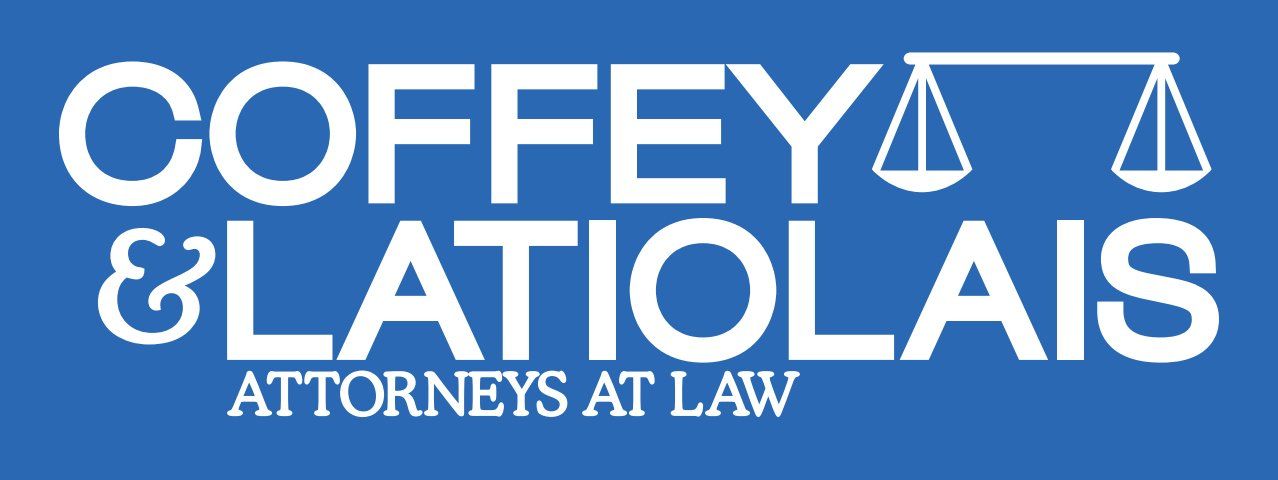
Find Answers to Your Questions
What is a Lady Bird Deed?
A Lady Bird Deed is a property deed that is typically used to protect a Medicaid applicant’s homestead. It is sometimes called an Enhanced Life Estate Deed or a Transfer on Death Deed. It reserves a life estate in the property for the grantor, while conveying a future contingent remainder interest. A Lady Bird Deed is revocable.
Do joint accounts that I own with someone else count towards my Medicaid eligibility?
Yes. It is assumed that jointly owned accounts belong to the applicant unless it can be proven otherwise.
Will giving away or transferring my assets help me to obtain long-term care Medicaid?
A transfer of assets can result in a penalty, causing ineligibility for long-term care Medicaid. There are exceptions to the rule (especially with regard to disabled children). Transfers for less than fair market value made on or after February 8, 2006 are subject to a 5 year look-back period. For transfers on or after February 8, 2006, the transfer penalty period resulting in ineligibility for long-term care Medicaid starts from the date of application or from when one is otherwise eligible for long-term care Medicaid. The presumption is that any uncompensated transfer (even a charitable donation) within the 5 year look-back period was done for the purpose of obtaining Medicaid benefits.
For example, if you made a gift to a charity in 2009, then had a stroke in 2013 and applied for Medicaid, it would be presumed that the 2009 gift to charity was for the purpose of obtaining Medicaid. The period of ineligibility would start when you applied (assuming it was within 5 years of the uncompensated transfer) and are otherwise eligible for long-term care Medicaid, not from the date the transfer was made.
If our family member gets on long-term care Medicaid, are we going to lose the family home?
If the Medicaid recipient applied for Medicaid on or after March 1, 2005, the state has a right to make a claim against the Medicaid recipient's estate to the extent that Medicaid benefits have been advanced, pursuant to the Texas Medicaid Estate Recovery Program.
There are several exceptions to this rule and several planning methods to avoid the claim of the state against the home.